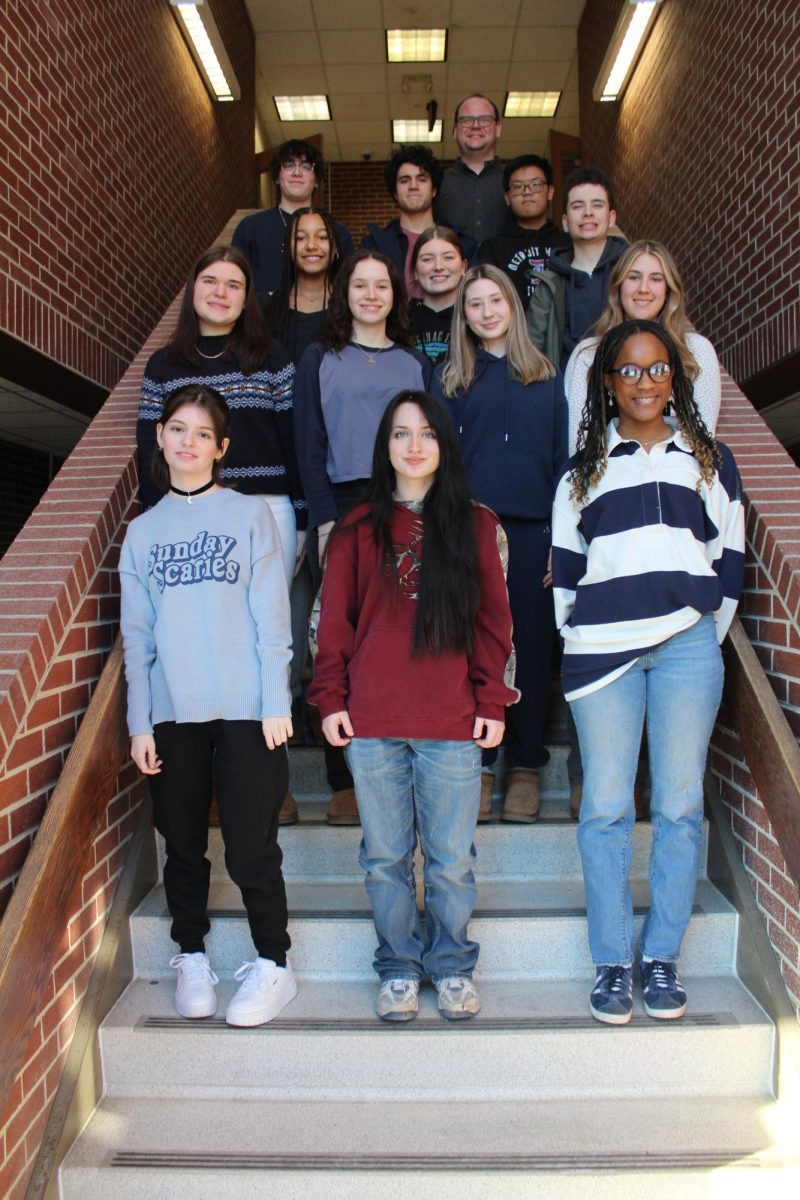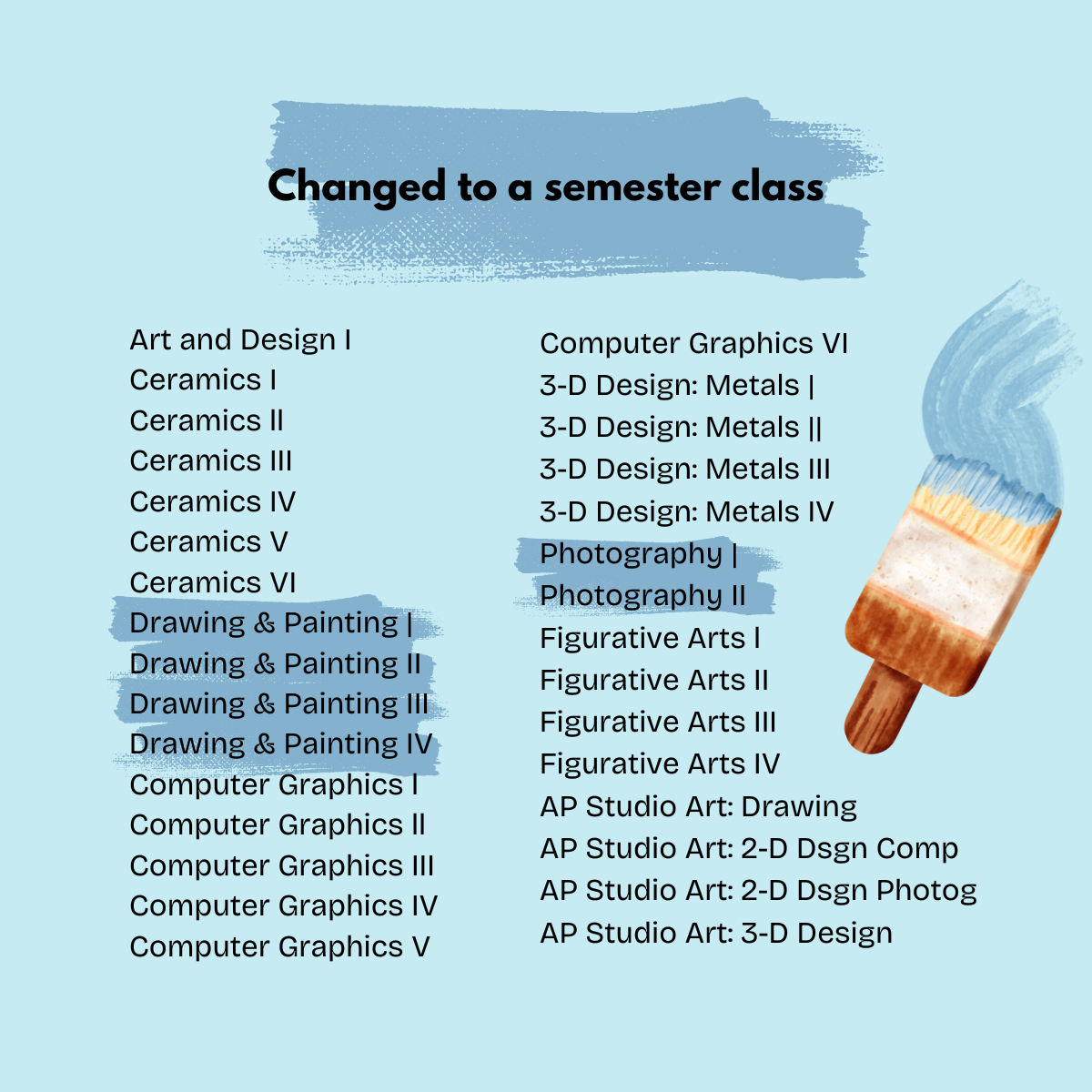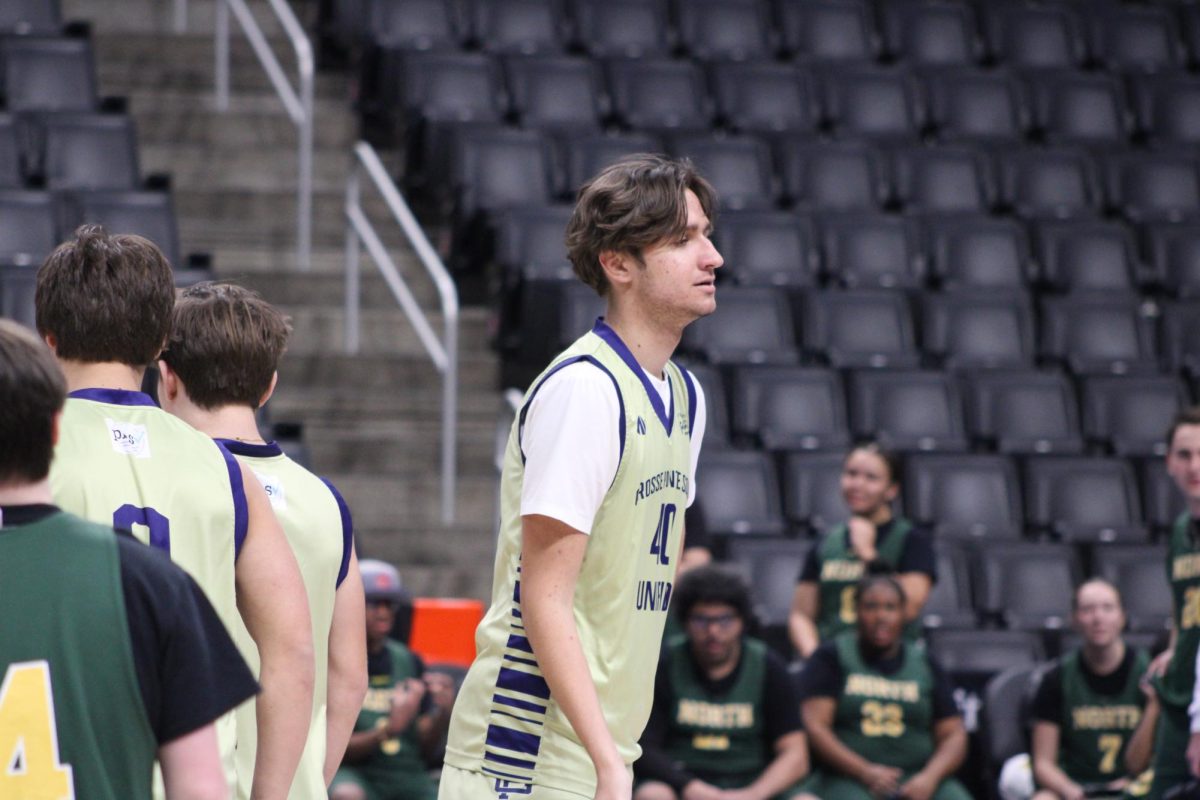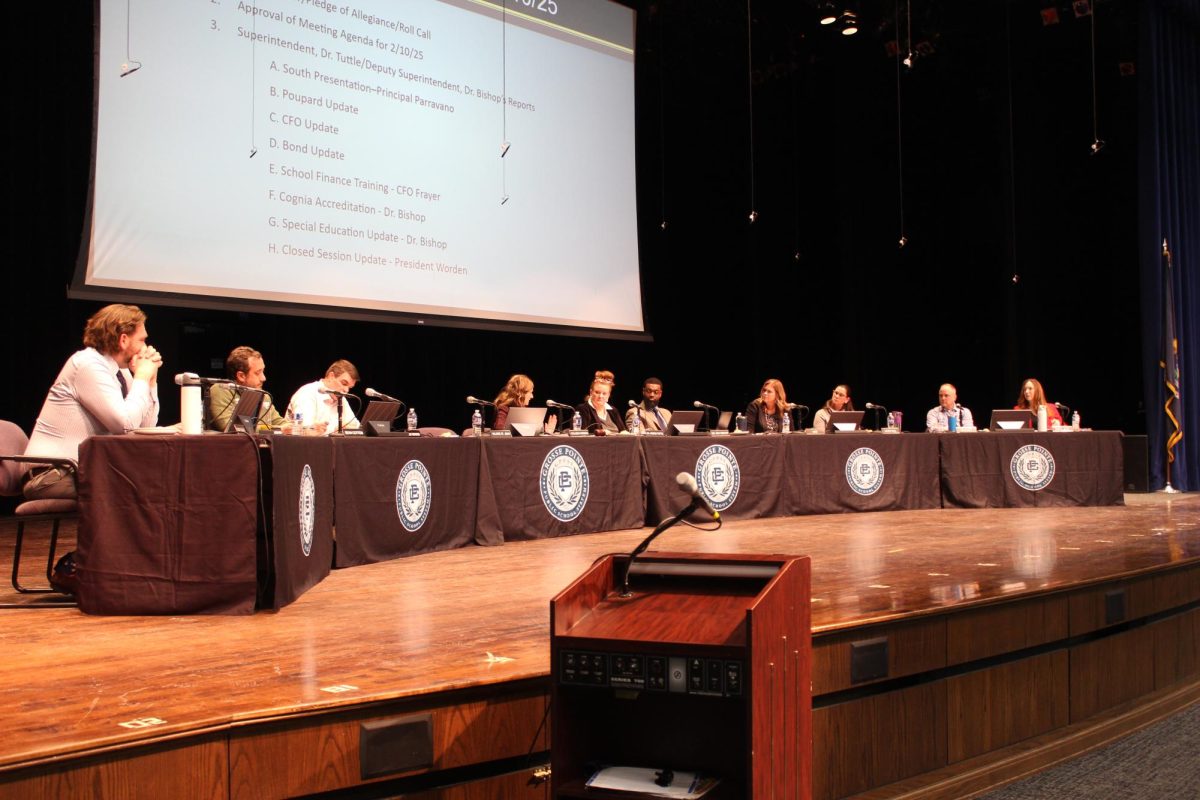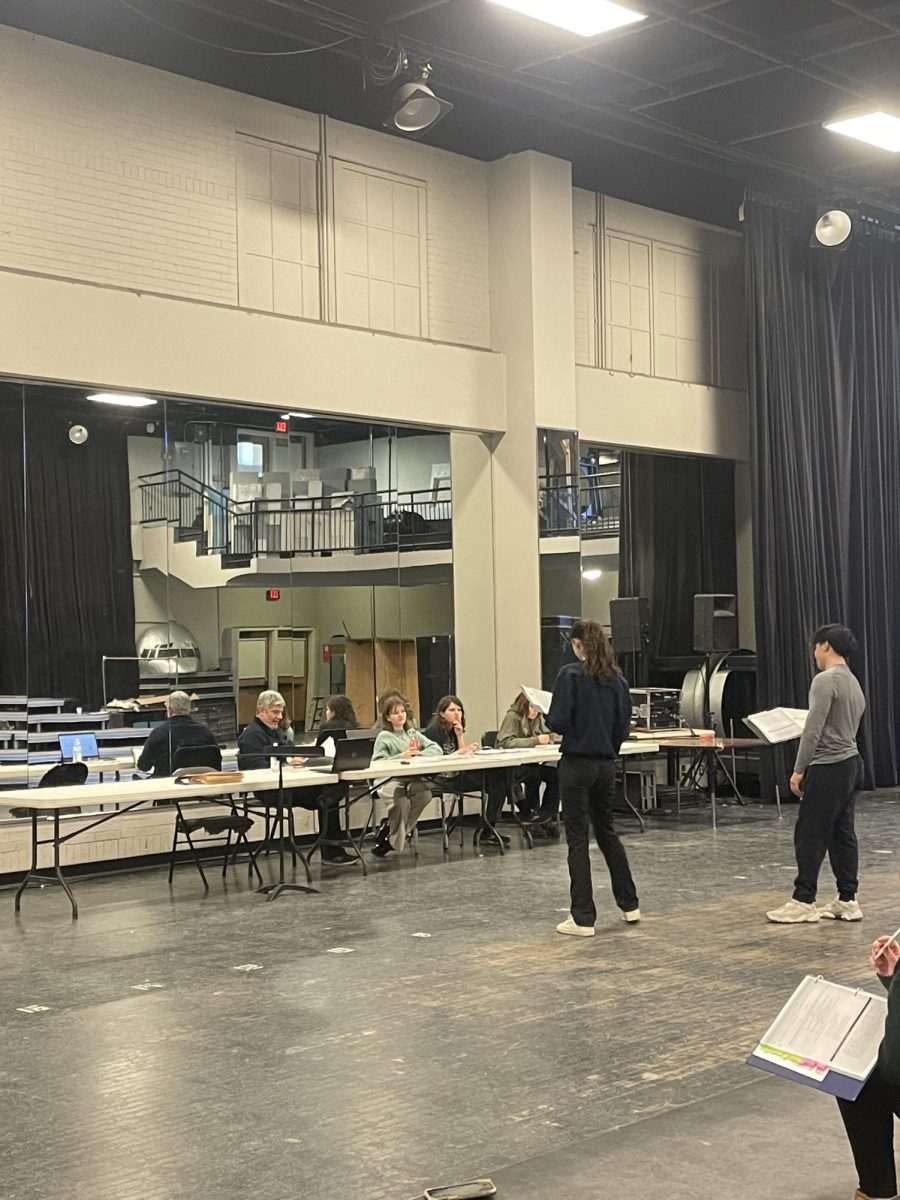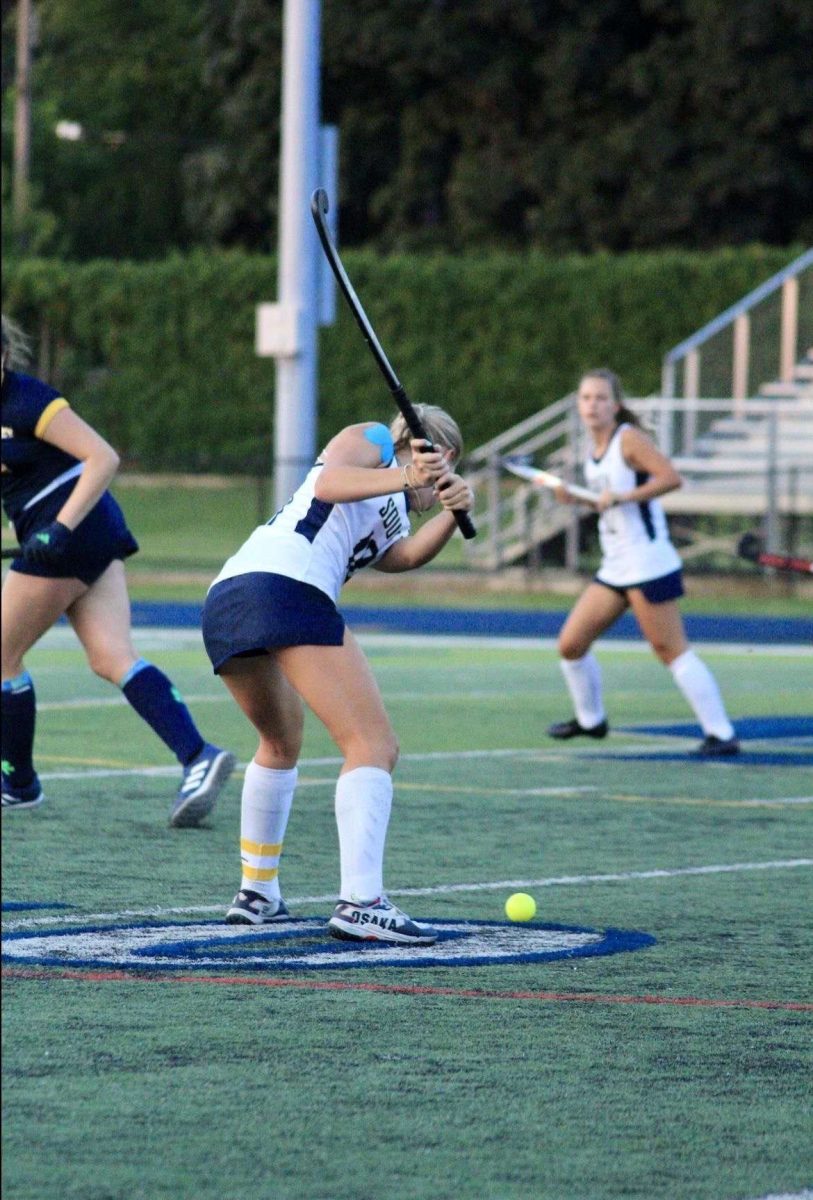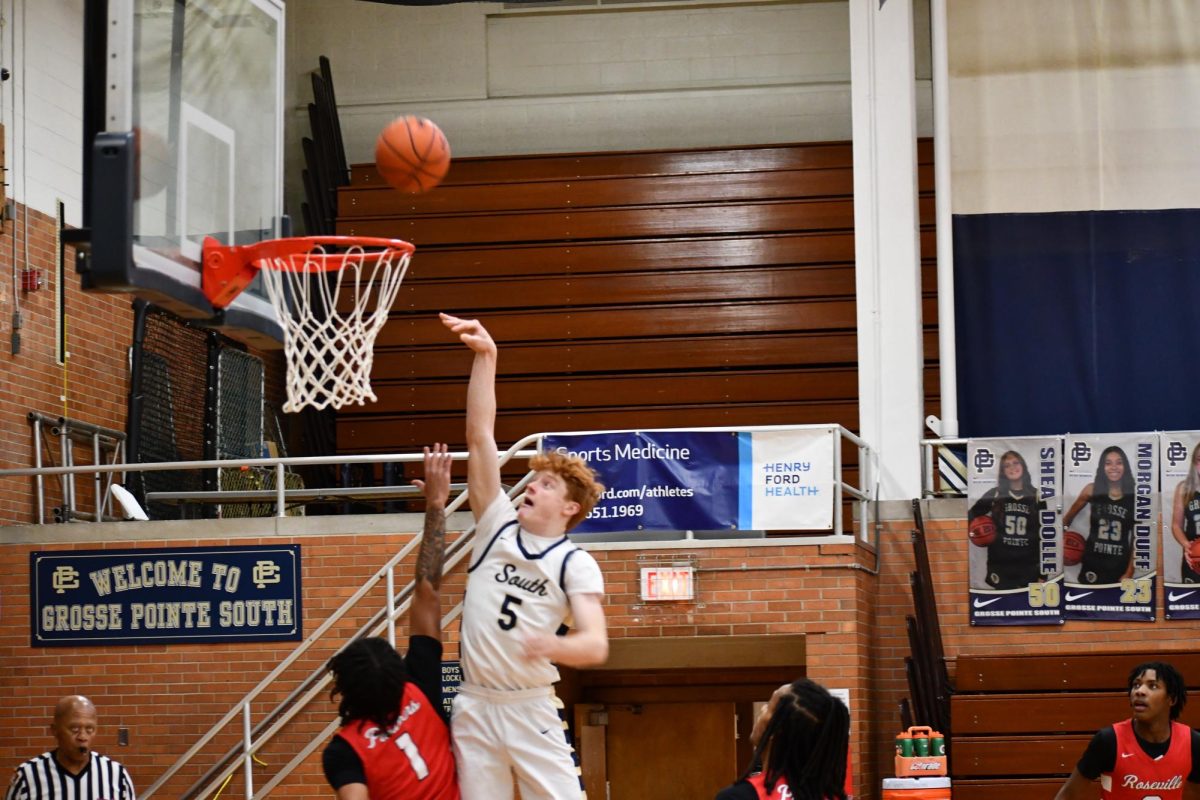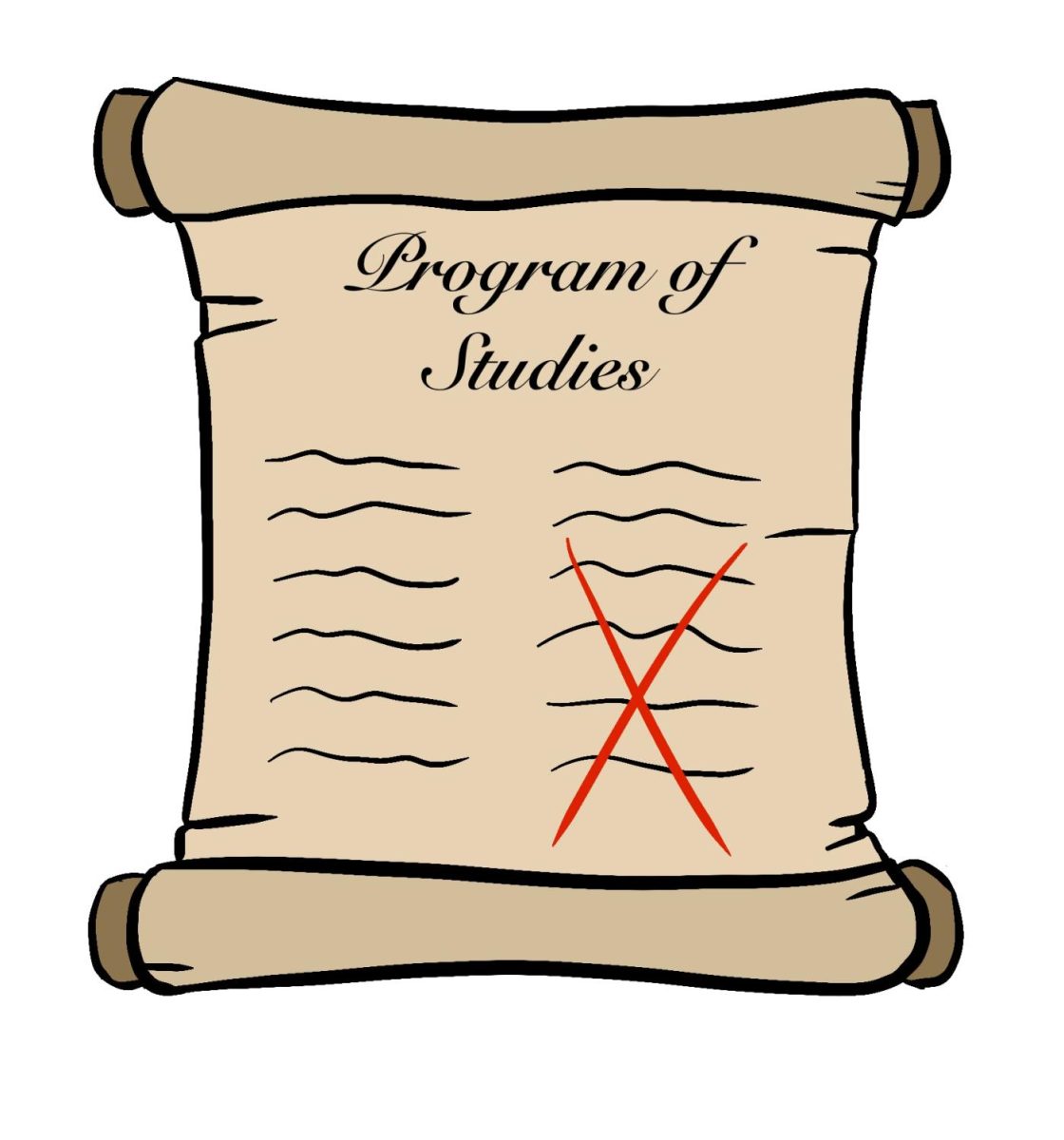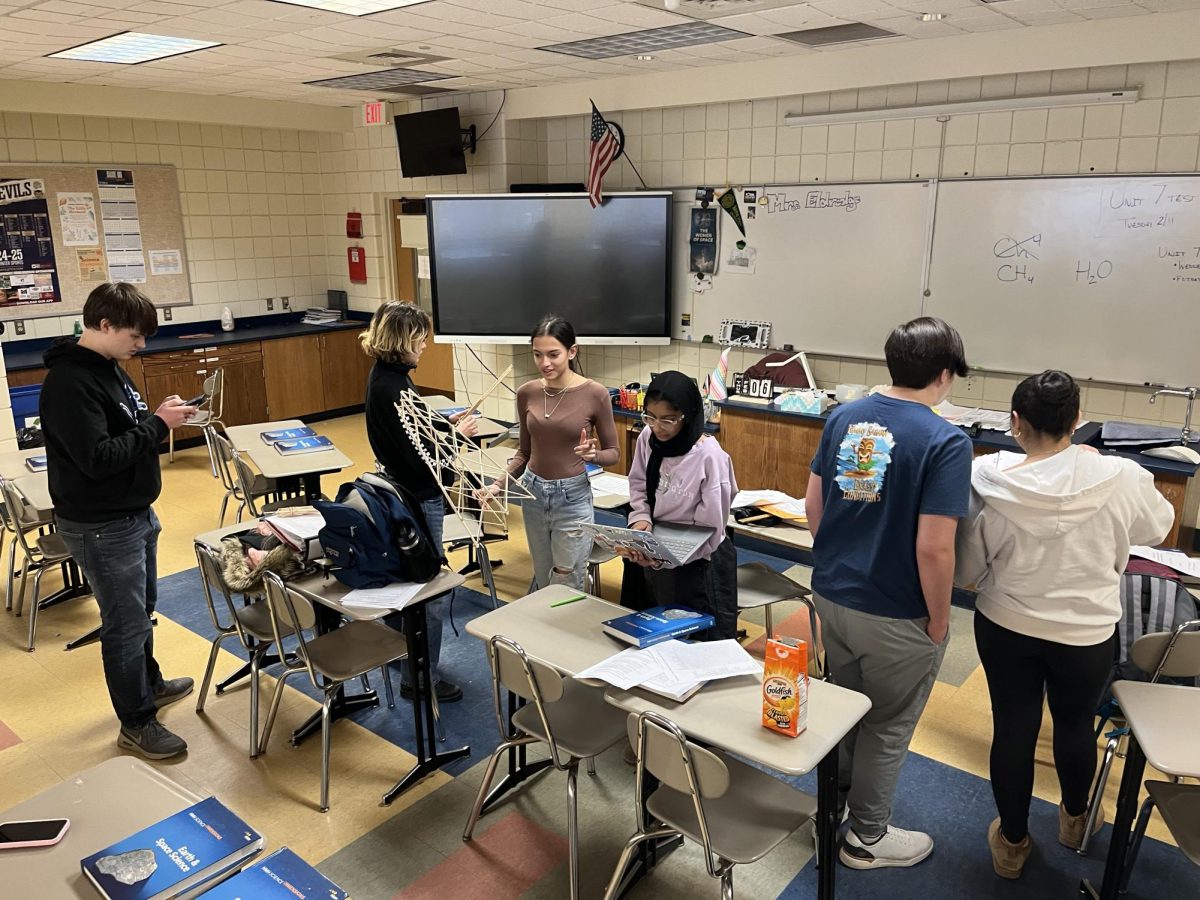“Really? Again?” Jacqueline Verhaeghe ’24 muttered as she received yet another email regarding her schedule. Throughout her four years at Grosse Pointe South, she has never had a single schedule where all of her class selections have been granted. Now in her senior year, frustrated and exhausted from the continuous let down, her request for the elective Pictorial Literature has been denied.
A decline in enrollment has caused several courses to be eliminated from the program of studies. South administration has encouraged each department to evaluate courses that haven’t been viable or popular in recent years and adjust their course offerings accordingly. Although eliminated in the meantime, the departments do have the option to restore such courses in the event that enough students are able to fill a course section. However, from a student perspective, this change is frustrating.
“My experience with school schedules has definitely been pretty turbulent,” Verhaeghe said. “I’ve had a lot of problems and I feel like (administration) could make it a little more streamline or at least more clear. If they were more transparent with it, it would be more helpful.”
Although this may seem like a disadvantage to students, it is actually constructive. Despite some eliminated classes, most of the course content can still be covered. For example, content from the recently eliminated Global Issues is covered in a section of the required World History class. According to Social Studies Department Chair PJ Palen, this cutdown has its benefits for teachers as well.
“We want to offer our students as many (options) as possible; however, there’s declining enrollment, and the number of teachers that are part of the Social Studies department has dwindled over the years,” Palen said. “When there’s more classes and fewer teachers, that means that teachers have increased preps, which is a term in ‘education speak’ for the classes that (teachers) teach. By getting rid of (unpopular) courses, we hope to lessen the number of preps that teachers have from a practical point of view.”
In addition to condensing the labels of some courses, teachers are also seeking to make elective classes more feasible for fitting in students’ schedules, like reducing a full year course into a semester class. However, if a student has a particular interest, pursuing an independent study program is a beneficial option. After speaking to administration and working out a study plan to earn credit, students can begin to pursue a particular passion independently. As stressed by English Department Chair Kevin Cox, the existing electives maintain their importance, regardless of any changes.
“We have the core courses by discipline, but those electives can help students either advance in a skill that they already excel in or maybe try something new,” Cox said. “And a seven-period day can be kind of stressful, but it’s also a really neat opportunity to try some different options.”
Ultimately, this removal is a byproduct of fewer students in the school system, and thus an inability to fill more niche/specialized electives. The larger issue of declining enrollment is one without a clear solution or cause. However, each department, administration and teachers alike are making the effort to continue to provide a wide range of course opportunities for students while remaining practical.
“It’s always kind of sad to see some offerings go but it also actually reduces stress,” Cox said. “If we have courses that we still know are popular and students sign up for them, then they actually have a much better chance of running, than if we pretended like we were able to run a huge array of courses that just honestly won’t run. So we’ve tried to save really the best, the most popular offerings and we’ve also played around with the core reading that we offer so that they are still high interest options for students.”

